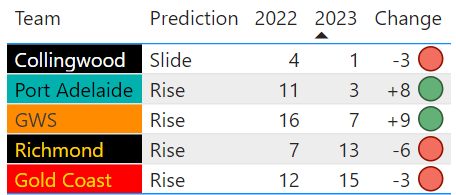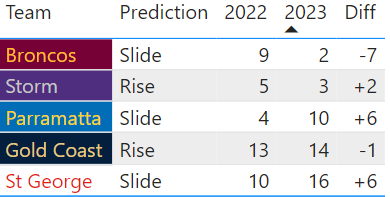Online Data Analytics & Science Courses - are they worth it?
The democratization of data is transforming our world and demand for a new breed of professionals skilled in data analytics, machine learning, and artificial intelligence. This change is now having a widespread influence over both the workforce and higher education institutions, with firms in high demand for data scientists, engineers, governance, privacy and more.
Resulting from these changes, professionals of all ages and industries are becoming more interested in the fields related to data analysis, begging the questions, are online data courses worth the time, money and effort? What are the best online data analytics courses? Who are the best providers of data science courses? Is university a better option, or can I learn everything I need online?
With the lead of Sai Diwakar Bhrugubanda, a Master of Data Science student, we will quickly discuss some of the reasons for and against the purchase of online data courses.
Data democratization impacts every career path, so academia must strive to make data literacy an option, if not a requirement, for every student in any field of study.
Source: IBM
As we can see in the image above, the demand for data science jobs is projected to grow 39%, yet it takes an average of 5 days longer to fill candidates for available positions, suggesting a shortage in professionals with the right skills.
Data Science is a very complex field and it requires an individual to master multiple skills. There is often a lot of confusion about what a data scientist/analyst does, and a lot of that confusion is down to the diversity of skills and roles that are needed and can be classified as relating to the field. These skills include but are not limited to:
programming,
mathematics,
statistics,
business operations,
algorithms,
databases and data management,
data visualization and so on
All this, on top of a strong understanding of the business you are conducting an analysis on. Remember, numbers don’t lie, unless they’re used incorrectly or in the wrong context!
Now, considering these fields, there are a large number of data science-related courses being offered on various platforms. Assuming the reader is not an mid-to-expert level data analyst already, these are our thoughts on those courses.
1. A scratch on the surface
Everyone has to start somewhere in their journey, and online courses allow you to understand the basics. The skills developed here won’t allow you to become a leading force in the industry, but they will give you an insight into how it works and the work it’ll take to get there.
2. Learning from experience
“As a masters of data science student, I (Sai) learn and experience in practice rather than in lecture sessions and as a part of the course we go through major things like history of data, life cycles of software and programming the databases to buildings projects and it is understandable that online courses teach you the same but the line between practical learning and theoretical learning have disappeared.”
Rather than knowing the technology, having the skill to use the technology brings up the worth more. Remember, learning is a continuous process in data science since it is a vast and complex field and there is a very slim chance a short course or online program, however well designed, is going to help you master the topic.
3. Expectations vs. reality
This infographic is an interesting take on how expectations and reality marry up with learning the skills surrounding data science. Good examples are Deep Learning and Machine Learning, with learners having high expectations of understanding them, likely as a result of their use as media buzzwords, when they actually take up to 2 to 5 years to get a handle over.
Conclusion
Yes, online courses can be worth it to develop a fundamental understanding of data science concepts. However, they are most useful when applied with real world projects as to allow the practitioner to gain experience and understand the strengths and weaknesses in their methods. Online courses are, however, a drop in the water of the price of a University Degree, and far cheaper than vocational programs. The draw back is that they don’t provide an official qualification, and do require a lot of self-discipline and accountability.
An example - courses that are out there - Udemy
Udemy offer a range of online courses, with discounts almost all year round.
As you can see, a broad range of beginner courses can be found for prices ranging from around $15-$25. Depending on the business, these courses may be a one-off payment for lifetime access, or a subscription service which gives access to certain courses.
From a White Box perspective, we always encourage continuous learning but push real life experience as our core training principle. Data science projects are never straight forward and you learn from each one, even if it doesn’t go to plan.














